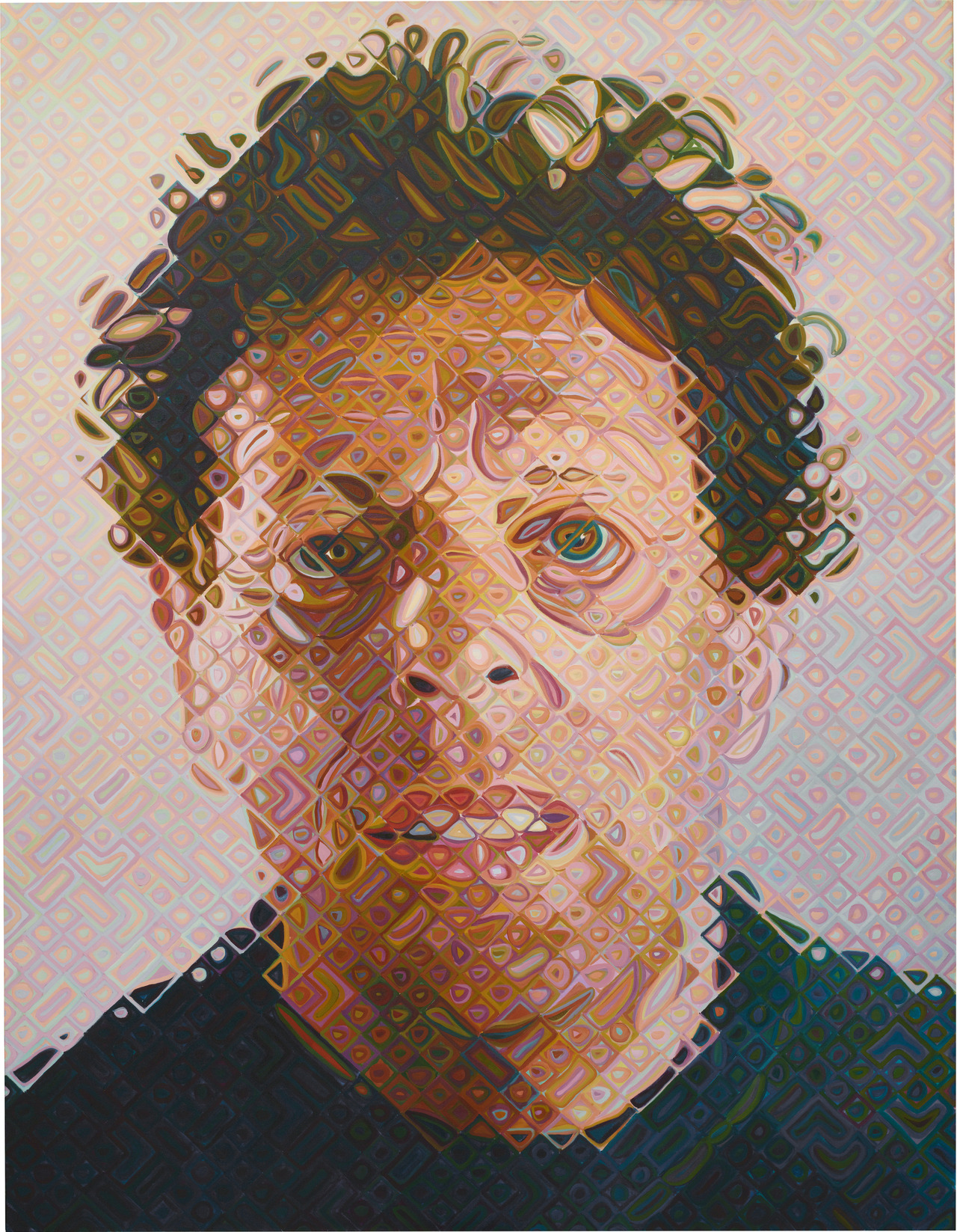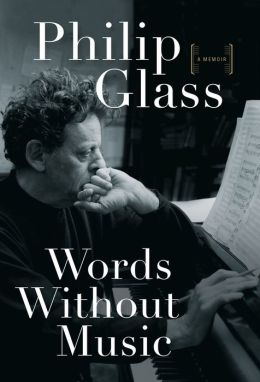Words Without Music: A Memoir

“Where does music come from?”
Philip Glass first posed this question to himself as a freshman at the University of Chicago, and it reappears more than once in his new memoir, Words Without Music.

As framing questions go, it’s delectably protean. From there perhaps an author will explore the roots of cultural creativity. Or the nature of music itself, that most elusive of arts, with time as its canvas. Or the sources of his music — that is, the network of connections, some precise and others shadowy, that link a composer’s life and his art.
Ideally, a memoir by the most famous American composer of the late twentieth century would explore all of the above and would lead many other places too. Alas, Words Without Music poses the question but then mostly contents itself with sympathetic reminiscences of Glass’s artistic coming-of-age and rather straightforward chronicles of more recent collaborations. The book has plenty of fascinating details, but it adds up to something slimmer than the sum of its nearly 400 pages. Those hoping for a nuanced, candid, or perspicacious self-portrait won’t find it here.
What one does find are many telling sketches covering Glass’s childhood growing up in a war-shadowed Jewish family in Baltimore; his early student years in Chicago; his training at Juilliard; his colorful plunge into bohemian life in Paris; his formal studies with the fearsome doyenne of modern music, Nadia Boulanger; his revelatory contact with Ravi Shankar; his return to what he calls “the energy system known as New York City”; and, once the pieces were in place, his astonishingly rapid rise to fame. One important concert in 1968 drew an audience of six people (including his mother). Eight years later, the composer’s landmark operatic opiate, Einstein on the Beach, played to nearly 4,000 people at the Metropolitan Opera. Glass was still driving a taxi.
There are plenty of sparkling anecdotes sprinkled across the first two-thirds of this book, though a bit more thoughtful reflection, or even just curiosity, about his path and the accumulated cultural meanings of his music would have gone a long way. At one point, for instance, he recalls a La Monte Young performance piece that involved slowly morphing chalk lines on the floor. Glass writes that “of course the whole affair was either maddening or mesmerizing depending on your point of view.” The line might stop you in your tracks, since many have expressed this exact observation about Glass’s own pattern-based music. Naturally, you think, the composer will now share some accumulated wisdom on the distinctions between rational versus intuitive modes of listening. Or on the resistance he has encountered to his own style. But instead he forges onward without revealing a glint of self-recognition. At another point, when Glass does mention some early negative responses to his music, he proudly declares that he has always had an “I-don’t-care-what-you-think gene,” adding, “I actually didn’t care then, and to this day I still don’t care.”
 That kind of armor-plating of the self is surely required for creating art in the present tense, and it must certainly have been a key to enduring the trials of his early years — vividly documented here — working as a plumber and sleeping on moving pads, all the while forging a new musical voice from scratch. But the still-guarded approach works less well in a memoir. Now at age seventy-eight, writing about what must be seen as one of the most iconic careers in modern music, Glass, it would seem, could have afforded to look back with a bit more distance on the pugilism of decades past.
That kind of armor-plating of the self is surely required for creating art in the present tense, and it must certainly have been a key to enduring the trials of his early years — vividly documented here — working as a plumber and sleeping on moving pads, all the while forging a new musical voice from scratch. But the still-guarded approach works less well in a memoir. Now at age seventy-eight, writing about what must be seen as one of the most iconic careers in modern music, Glass, it would seem, could have afforded to look back with a bit more distance on the pugilism of decades past.
What does come through palpably is just how much swimming upstream the composer had to do while inventing his art. He was learning to compose by day and listening to the likes of John Coltrane, Ornette Coleman, and Thelonious Monk by night. While classical composition was in thrall to a high modernism that left him cold, he was going to venues like the Fillmore East, where he heard Frank Zappa’s music blasting from a wall of speakers, and knew instantly he wanted that — the visceral power, the amplification that made sound echo in the body, and the return of a certain pleasure principle that, in his eyes, too many modern composers had surgically removed.
All of this made rising up through the classical establishment an impossibility, so it was the downtown art world and theater scene that inspired his music and incubated his career. Richard Serra, Robert Rauschenberg, Robert Wilson, Sol LeWitt, Allen Ginsberg, and many other kindred spirits loom large in these pages, and Glass’s affectionately drawn sketches of their shared cultural moment make for many of this memoir’s most rewarding pages.
At some point early on, Glass realized that these visionary artists had absolutely no interest in the music of even the most respected living composers. Why was that? He began searching for the sound that was missing from the air around them, or as he puts it, “looking for the music that should be in their record collections.” It didn’t really exist at the time. So he made it himself. And a tireless, searching, serenely confident kid from Baltimore became Philip Glass.